Serious games for research
Serious Games as a Research Tool Games as a Method Serious games can contribute to scientific research in many different ways and at many different stages. Think of collecting quantitative…
8D co-developed a VR rehabilitation game called Puzzle Motion in collaboration with Dr. Lise Beumeler (then a PhD candidate at Campus Fryslân, University of Groningen) and the Medical Center Leeuwarden. Designed for patients recovering from an intensive care unit (ICU) stay, the game is based on physiotherapeutic goals and tailored to the needs of this vulnerable target group. The approach, prototype, and insights from this trajectory resulted in both scientific impact and broader societal value.
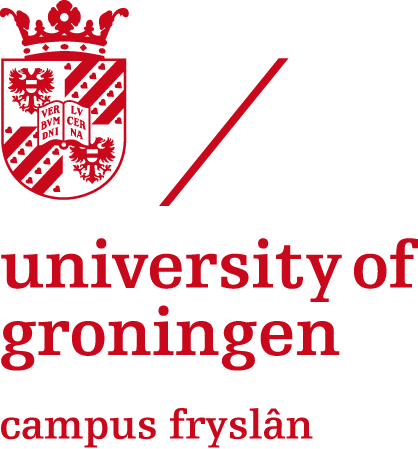


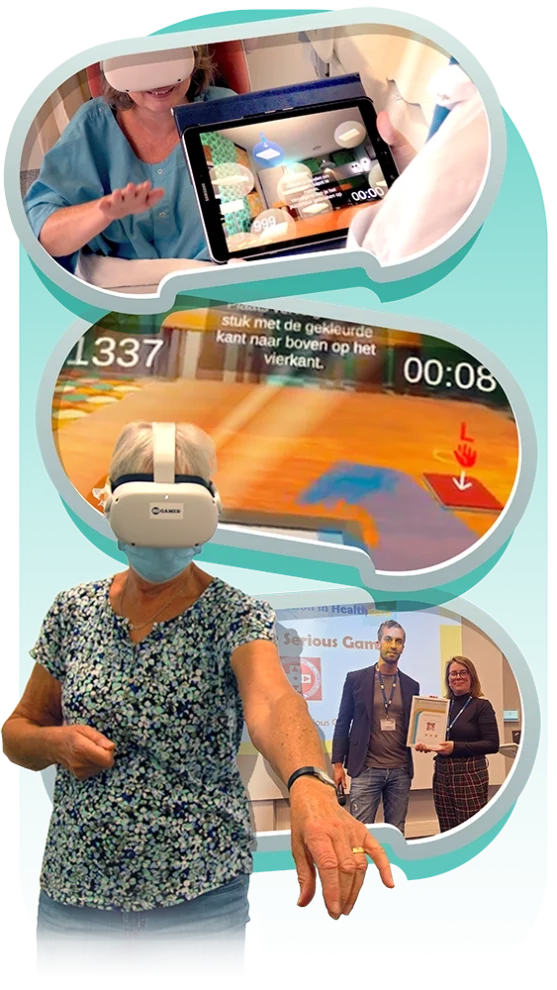
An ICU admission often leaves lasting effects. Many patients continue to suffer from reduced mobility, fatigue, and psychological complaints for months or even years. These symptoms are known collectively as Post-Intensive Care Syndrome (PICS). Ideally, physical recovery begins during the ICU stay and requires ongoing support. However, keeping patients motivated during these hard times can be challenging.
At the same time, healthcare systems face increasing pressure due to digital transformation and staff shortages. Innovation that can relieve this burden while addressing patient needs is crucial. In this context, the idea emerged to explore VR therapy as a rehabilitation tool—with an engaging, game-like component to enhance motivation and adherence.
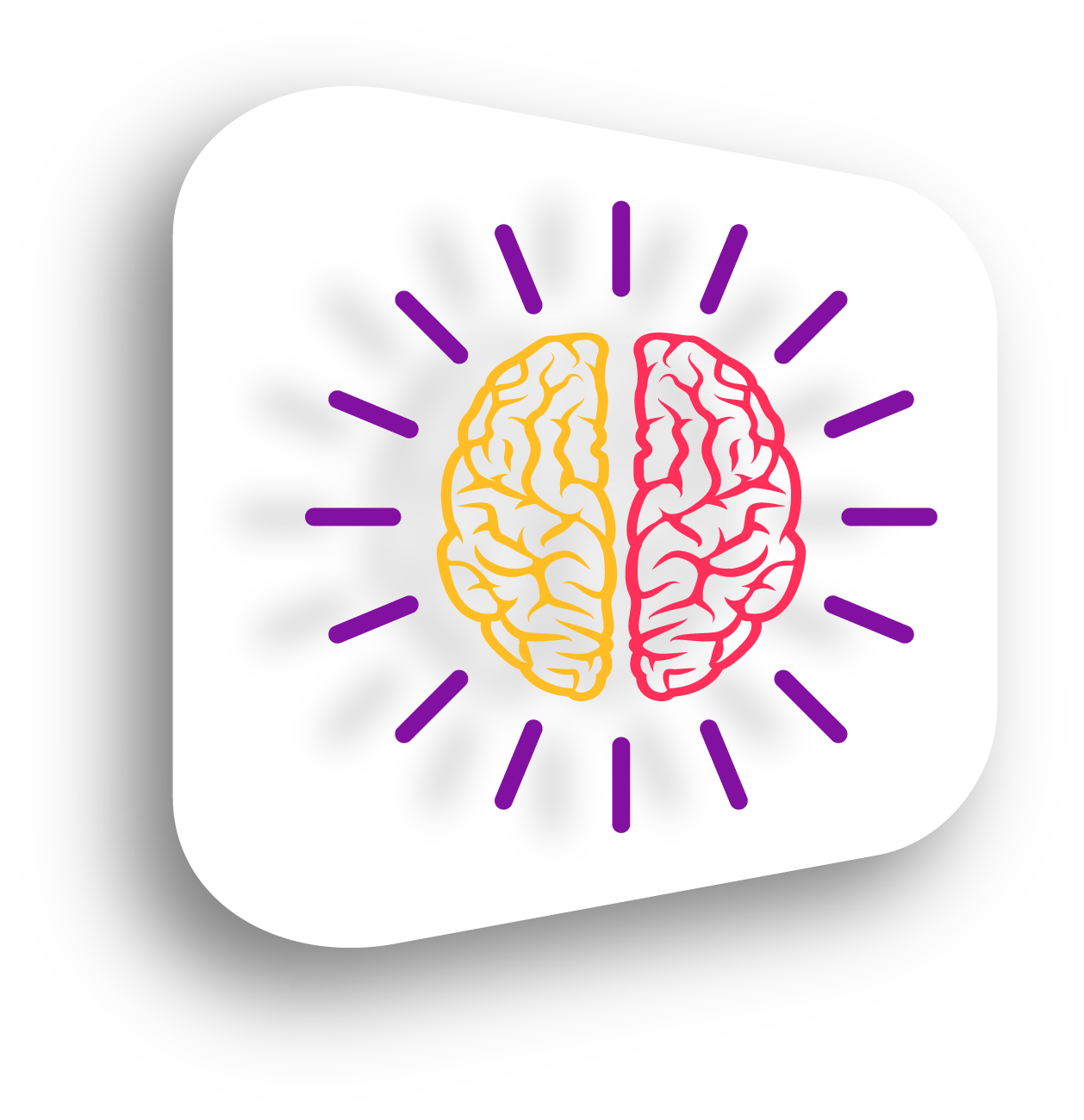 Approach
ApproachTogether with Dr. Beumeler, 8D designer Johan van der Meulen initiated a small-scale exploratory test, inviting recovering ICU patients and healthcare professionals to try out a range of existing games and technologies. We brought Kinect motion sensors, VR headsets and everything in between. The goal was to find the most suitable hardware for this specific audience. Surprisingly, it was virtual reality that resonated most strongly with participants.
This participatory approach proved successful on multiple fronts. Not only did it help shape a usable application, it also built trust and buy-in among healthcare professionals. As ICU specialist Carina Bethlehem remarked: “Had we introduced a VR rehabilitation game with the Oculus Go 2 headset right from the start, we probably would have encountered resistance. Thanks to those early tests, however, we discovered that VR – when properly guided – was very well received by patients, including the elderly.”
Following these initial tests, 8D worked closely with Beumeler and treating physicians to develop a custom VR prototype for a pilot study at the Medical Center Leeuwarden. In the game, players solve a puzzle inside a virtual living room by moving pieces using arm and hand movements.
The game includes four levels, tailored to different degrees of mobility, and uses hand-tracking technology – so patients don’t need to hold any controllers. The interface was intentionally kept simple, allowing even ICU patients to use the game during early stages of recovery.
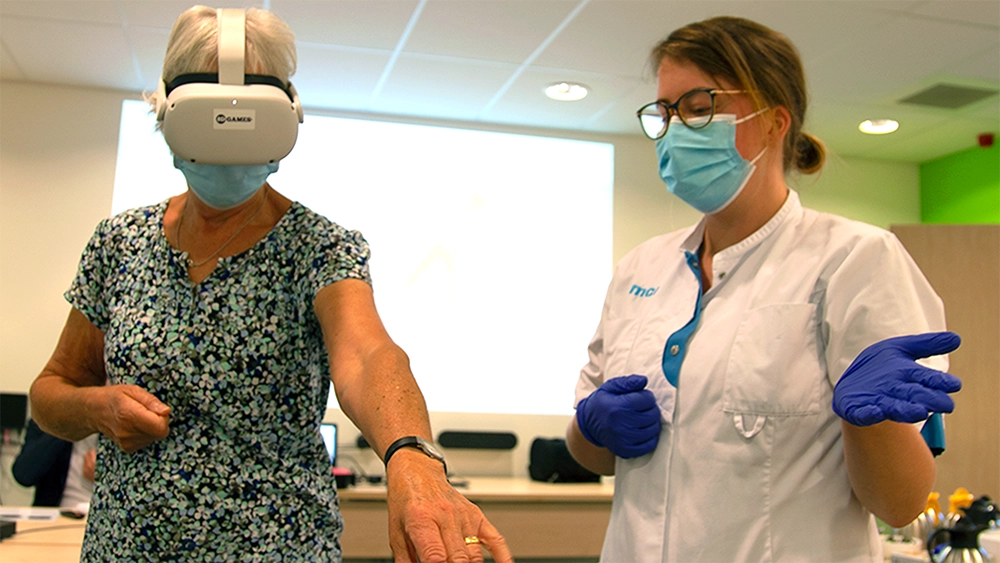
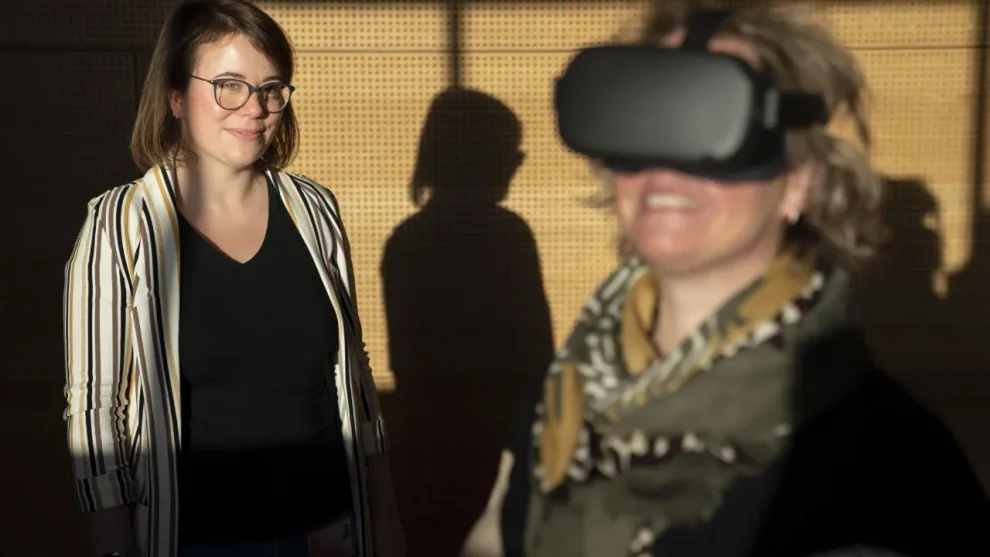
 Results
ResultsInitial results from the feasibility study show that implementing VR therapy for post-ICU rehabilitation is not only possible but also well tolerated, both in the ICU and in general hospital wards. The next step will be to further validate these findings using a control group. Additionally, the team is working on improving the visualization of gameplay data, allowing therapists to better assess patients’ movement patterns and progress.

Find out how to improve the implementation of serious games for healthcare in our whitepaper. Learn from experts and receive valuable insights and recommendations for effective healthcare technology implementation.
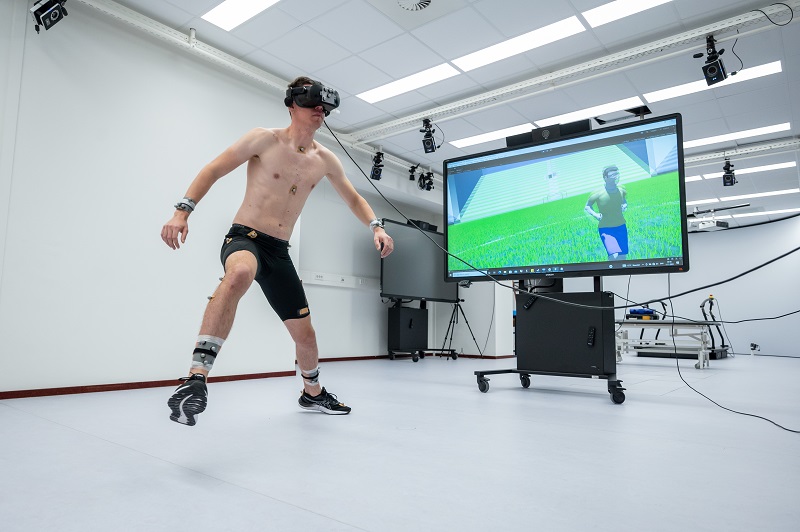
Serious Games as a Research Tool Games as a Method Serious games can contribute to scientific research in many different ways and at many different stages. Think of collecting quantitative…
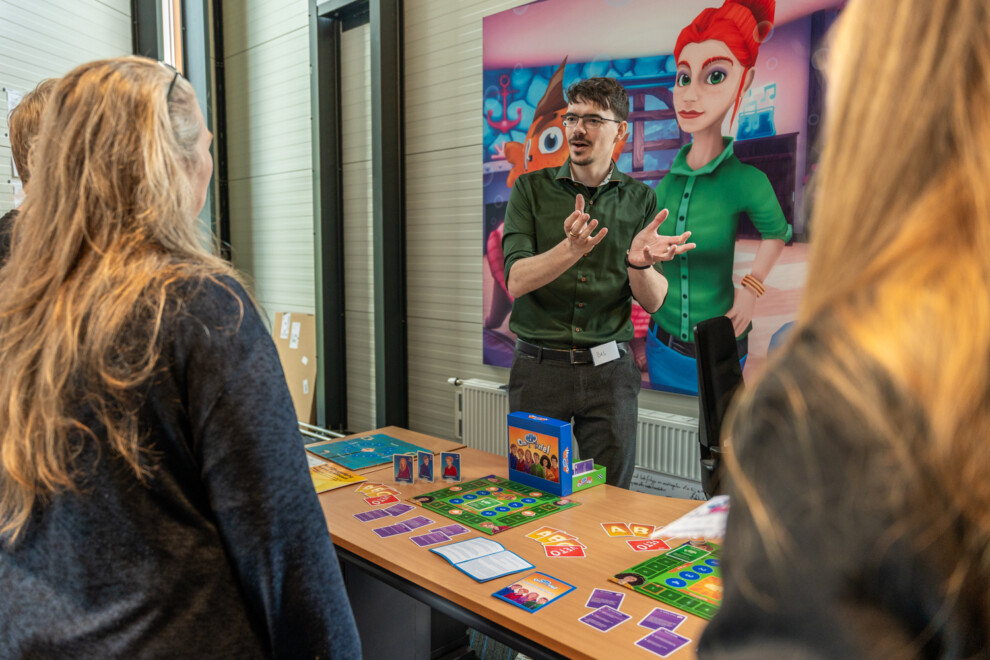
How can research findings be shared effectively with society? This article explores how participatory design supports effective knowledge transfer by aligning form, content and context. Real-world examples illustrate how design enhances the practical usability of academic insights.
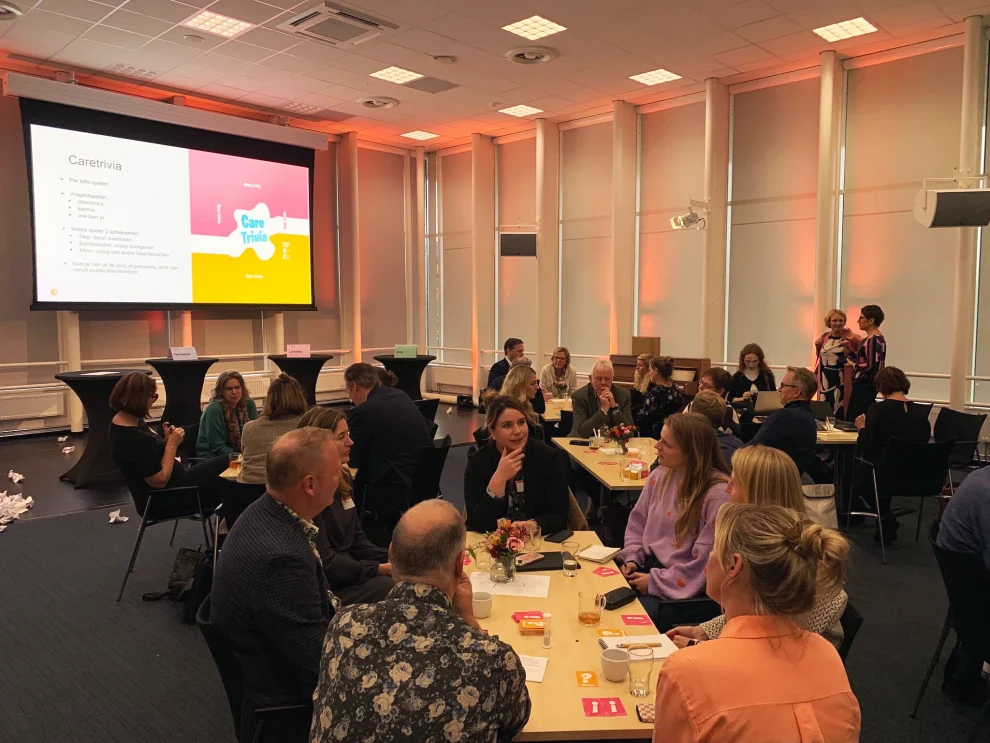
How do you disseminate research results in a way that truly lands in policy and practice? Our vision: dissemination is an integral and substantive part of the research process, not a box to tick at the end.